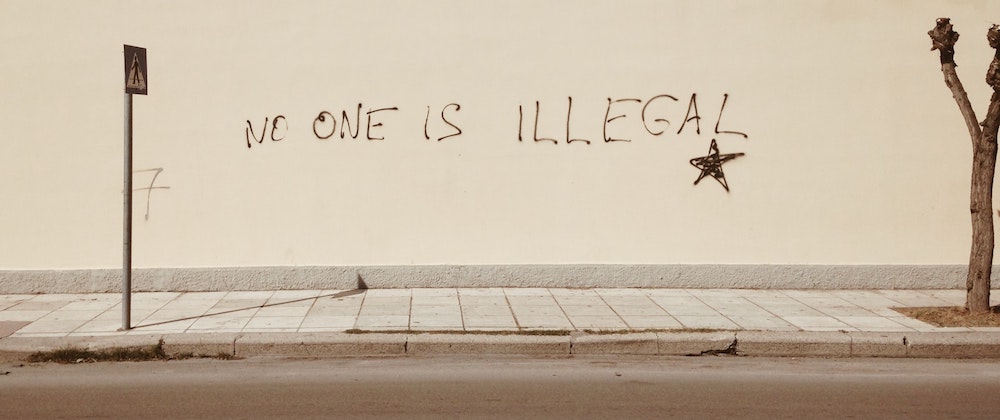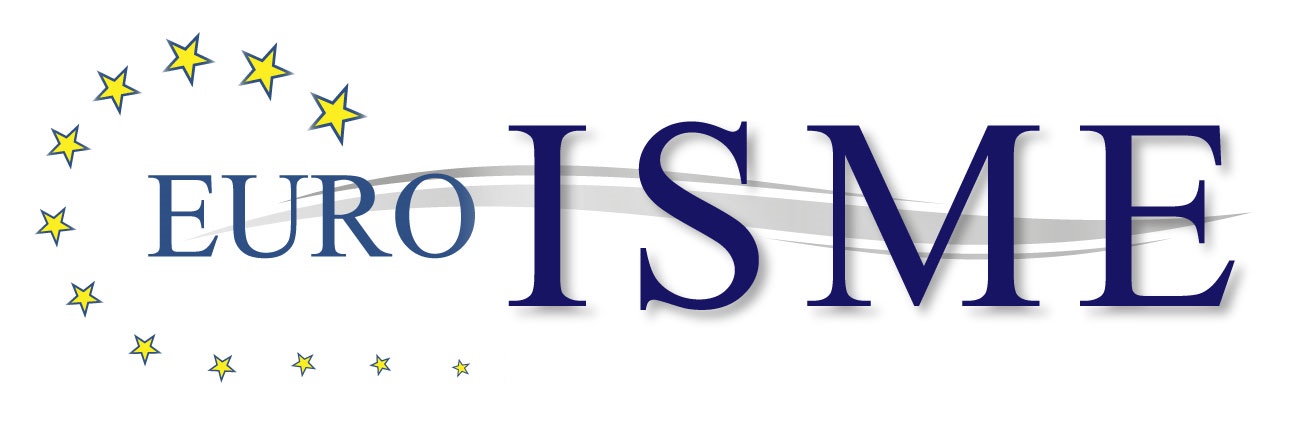Human rights don't know national flags
By Prof. Dr. Ulrike Kostka, Diocesan Caritas Director of the Archdiocese of Berlin and Associate Professor of Moral Theology at the University of Münster.
Disclaimer: This blog – republished with the friendly approval of the author – is the translation of a post which was first published in German language in "Kreuz und Quer", a discussion forum for political action out of Christian responsibility.
The Ukraine war is entering its eighth week. He has already taken a frightening routine. Every day we see images of destroyed cities on the internet or on television, we are appalled by Russia's propaganda and wonder how things will continue. Normally the screen stays in between and we just suffer quietly with the people in Maripol, Kyiv and in many places in the Ukraine. But in reality, the war has become concrete with the arrival of women and children who have fled - at the main railway station in Berlin, in the townships, by the commitment of countless people, groups and initiatives, including many ecclesiastical communities.
For me, the war became very concrete when, within 30 hours, we opened a Caritas emergency shelter in a former nursing home on Pappelallee in Berlin. Shortly after midnight, a second bus with refugees arrived and we showed them their rooms. How relieved the women and children were to see a shower and to finally arrive somewhere, even if for many it was just a transit point. Their faces were marked by exhaustion, traumatization and countless silent worries about relatives and the future.
This war has changed a fundamental constant of our lives and our society. The feeling of security that we have been used to for decades has disappeared or is severely impaired. We experience how people fight for their country and also for the democracy that they have laboriously built since 1991. The war is only 1,000 kilometers away and now suddenly in our neighborhood because we have taken in so many people. On the one hand this is fascinating, on the other hand it is also ambiguous.
Because in 2015, too, people came from war zones and had experienced terror and violence. There was an enormous willingness to help, but many of the refugees were perfect strangers. The Ukraine refugees are more familiar to us, since Ukraine is part of Europe. But what's the difference when people experience terror and violence? We shouldn't divide people who have had to flee into classes. Everyone needs prospects for the future and longs for home, arrival and security. Integration, job opportunities and broad support are the best ways for people to arrive - be it temporarily or permanently. Of course this is a reciprocal process.
I am impressed how efficiently and effectively refugee initiatives and structures can be activated in so many places. In 2015, Germany proved that it is hospitable, despite all the problems that existed and still exist. That is why the experience of 2015 and actual aid for refugees are now closely linked. We should also use it politically in such a way that perspectives are created for people who have fled and who are still in a holding stack in life.

Because human rights do not recognise national ensigns. Regimes like Putin's machinery of power can only be opposed if humanity and democracy apply to everyone. Especially in this time when democratic states should stand together and use democracy and humanity as the best defense - of course with all clarity and the necessary measures against dictators who trample on human rights.
The Ukraine war also shows what contribution church networks can bring. Despite all the church crisis, the church is showing its strongest side here - also in the merger with the Polish church, where there are otherwise some differences of opinion. I am fascinated by what we can achieve together with so many as churches and civil society. I hope and pray that these powers will endure and not be lost in everyday life. Our society has overcome Corona to some extent with strife, but has not lost its core - humanity and democracy. We must strengthen this core with all our strength and also defend it with action, words and the necessary political decisions.
Credits: Photo by Miko Guziuk on Unsplash [cropped]
